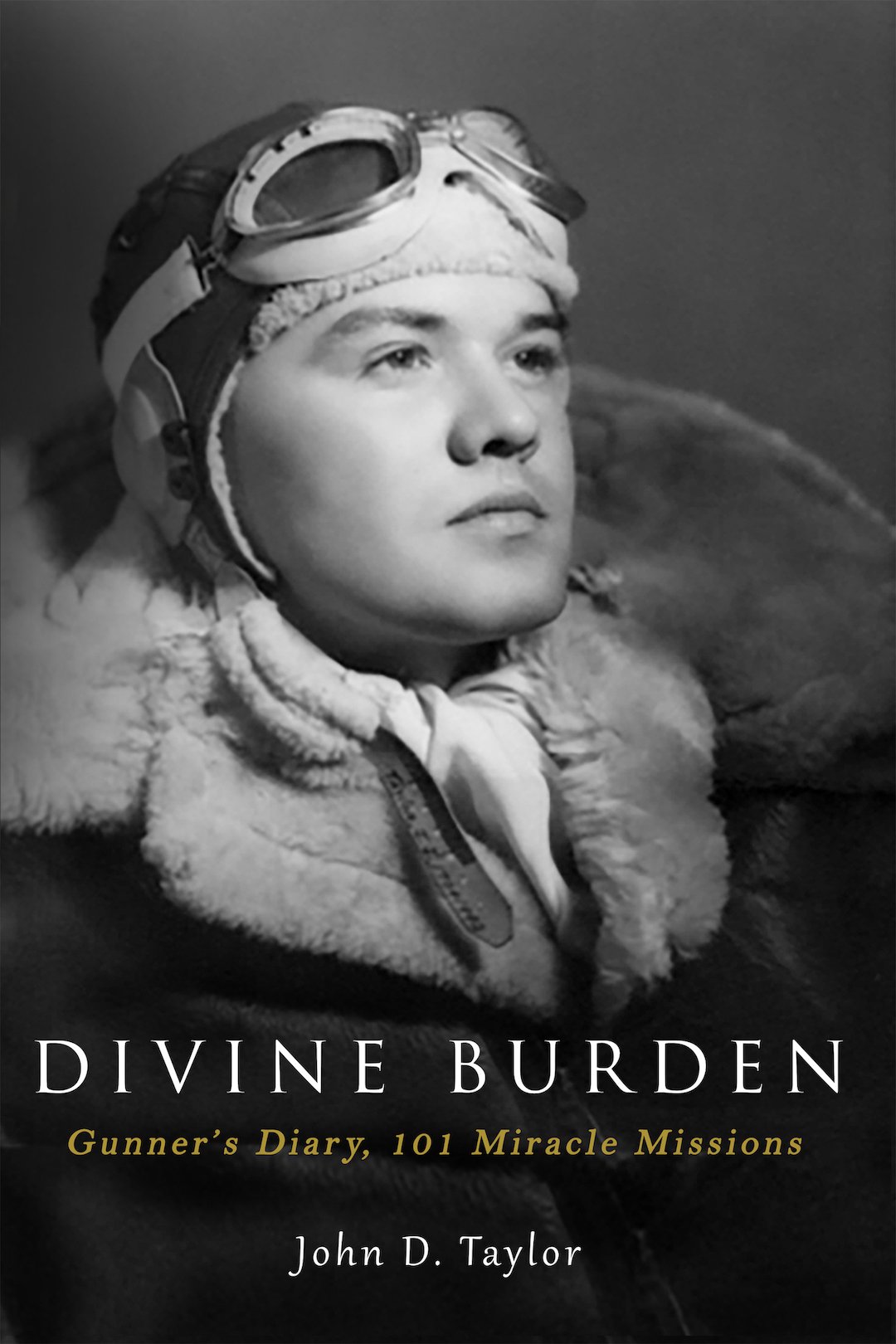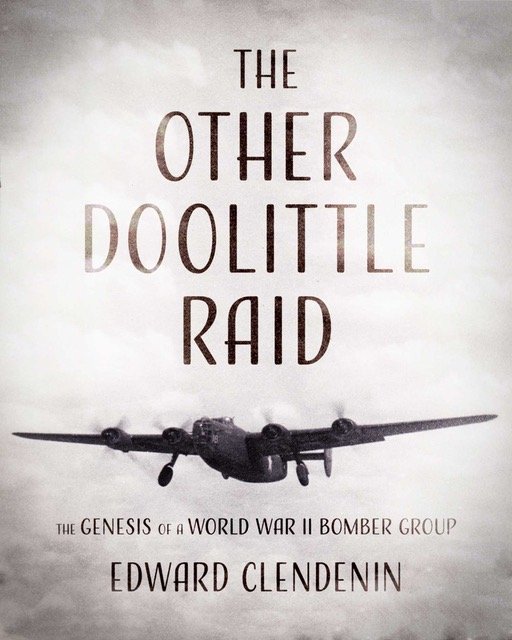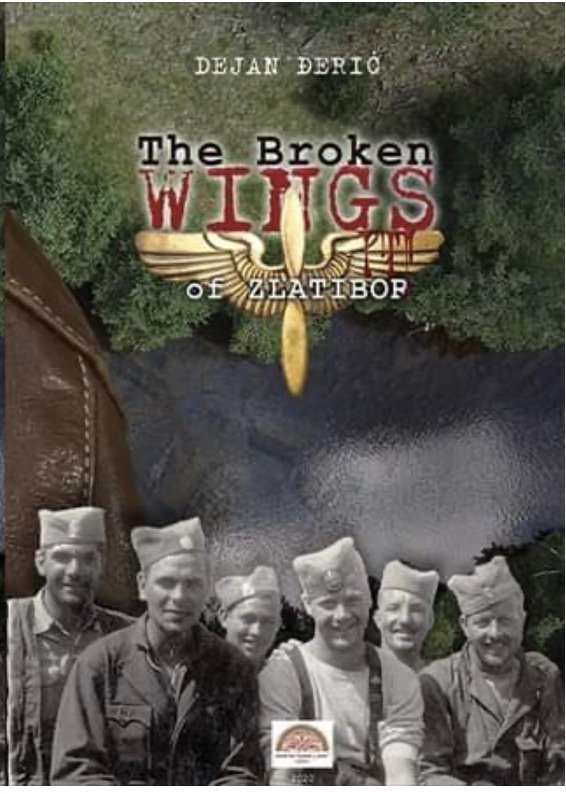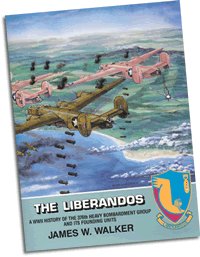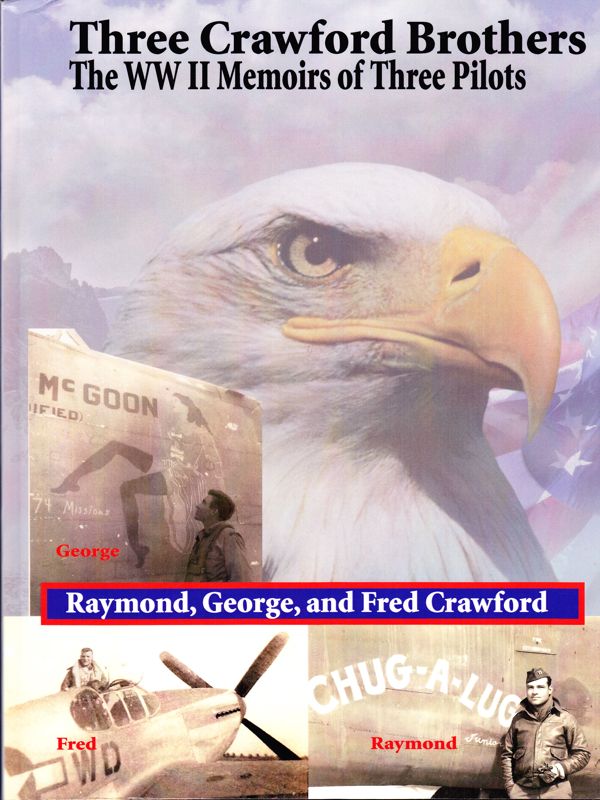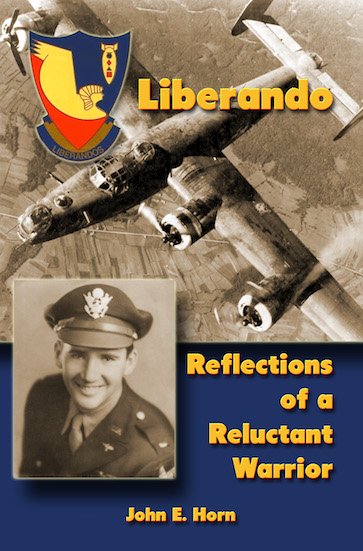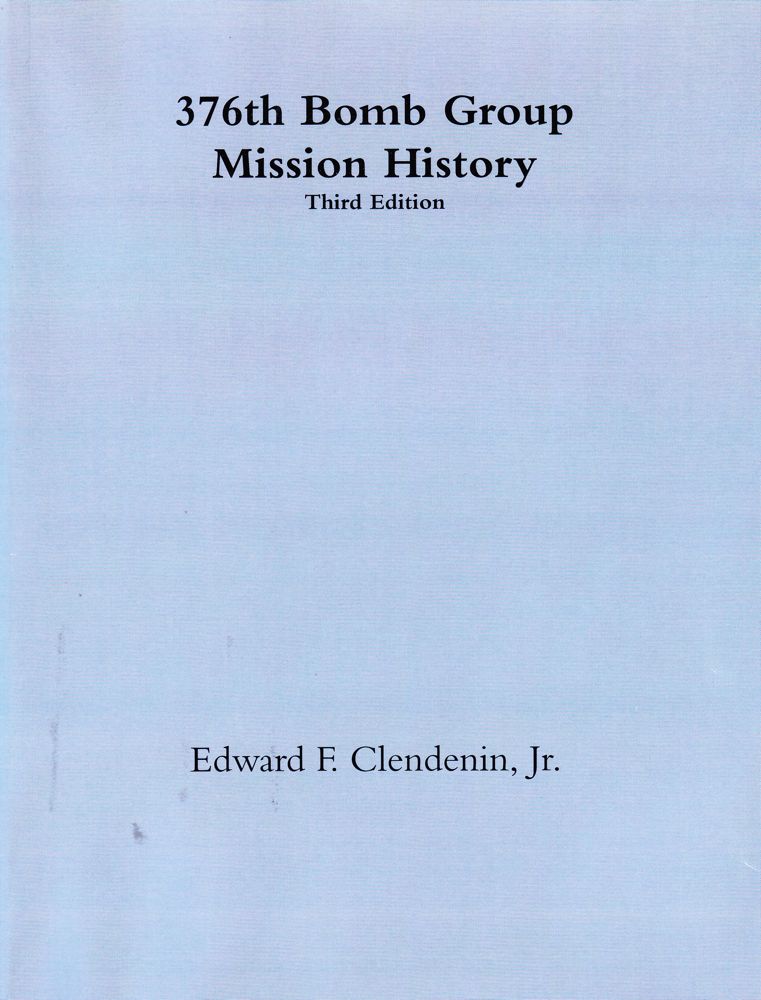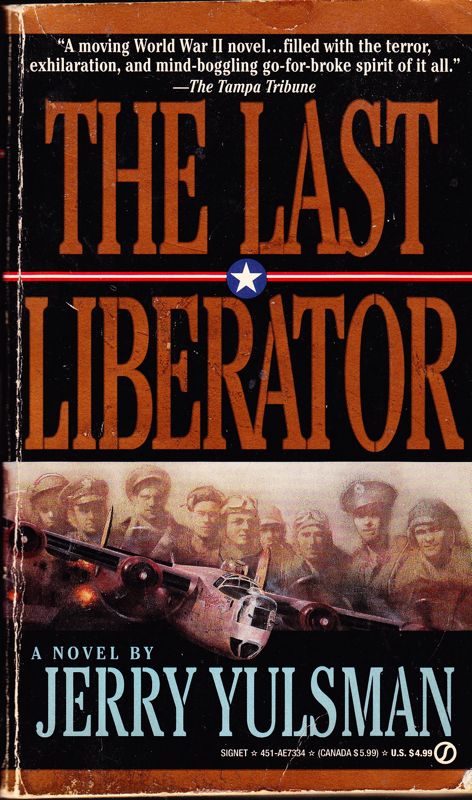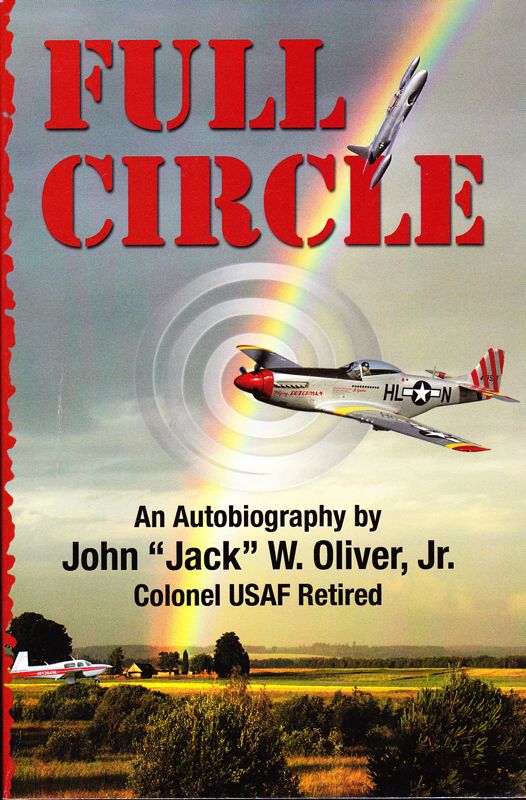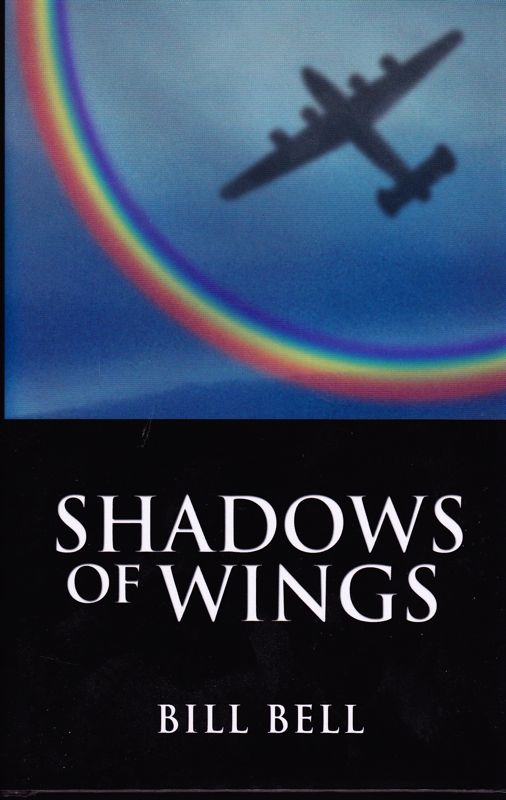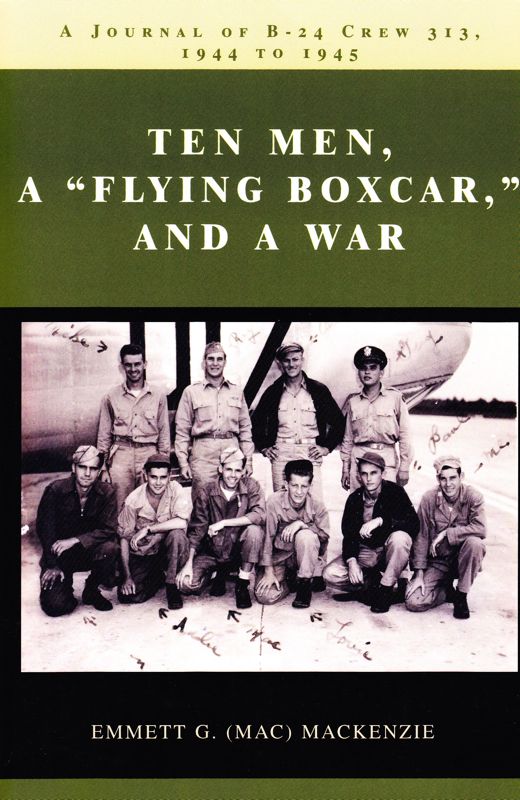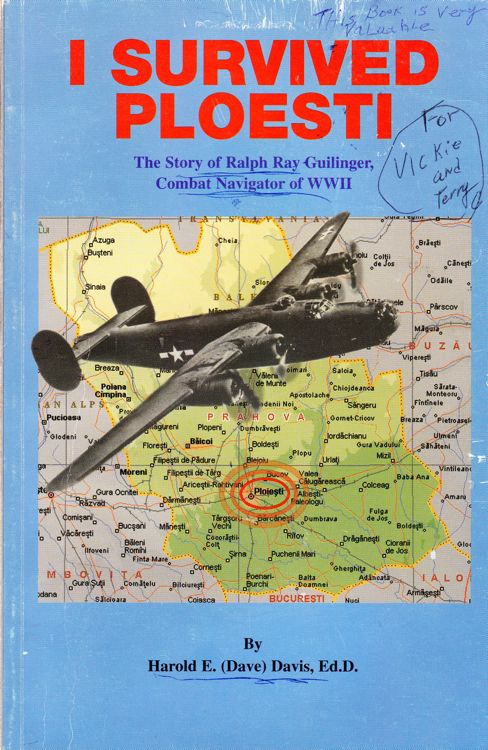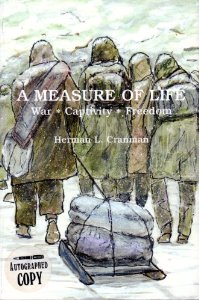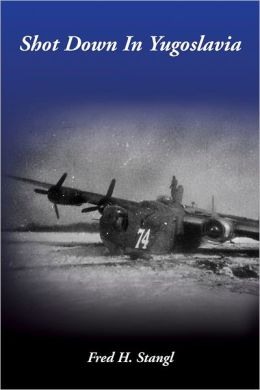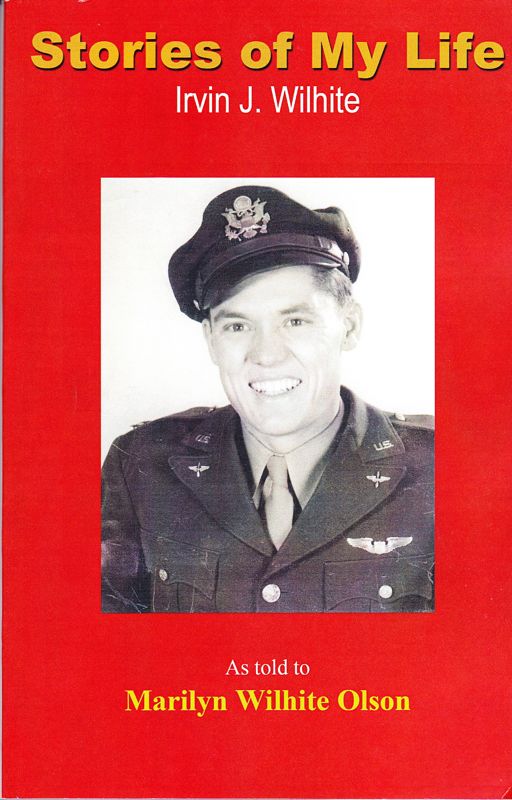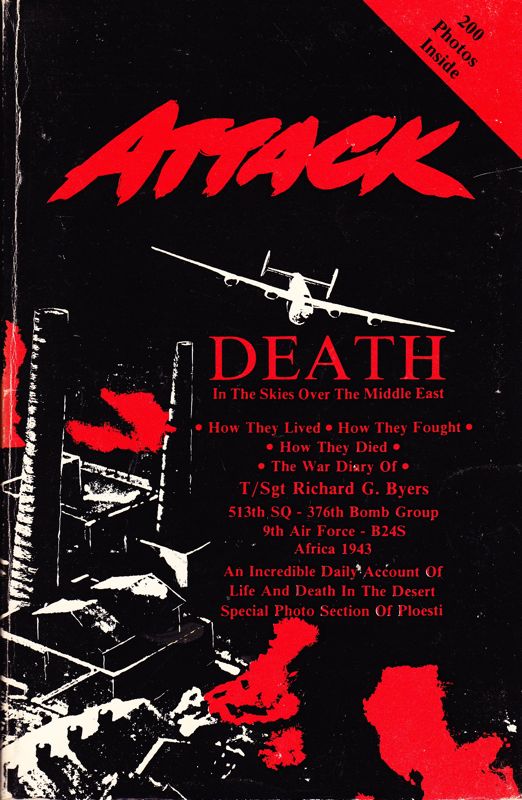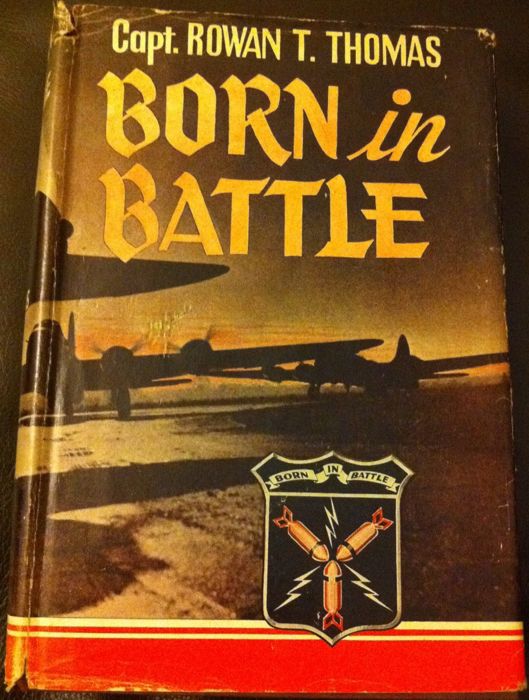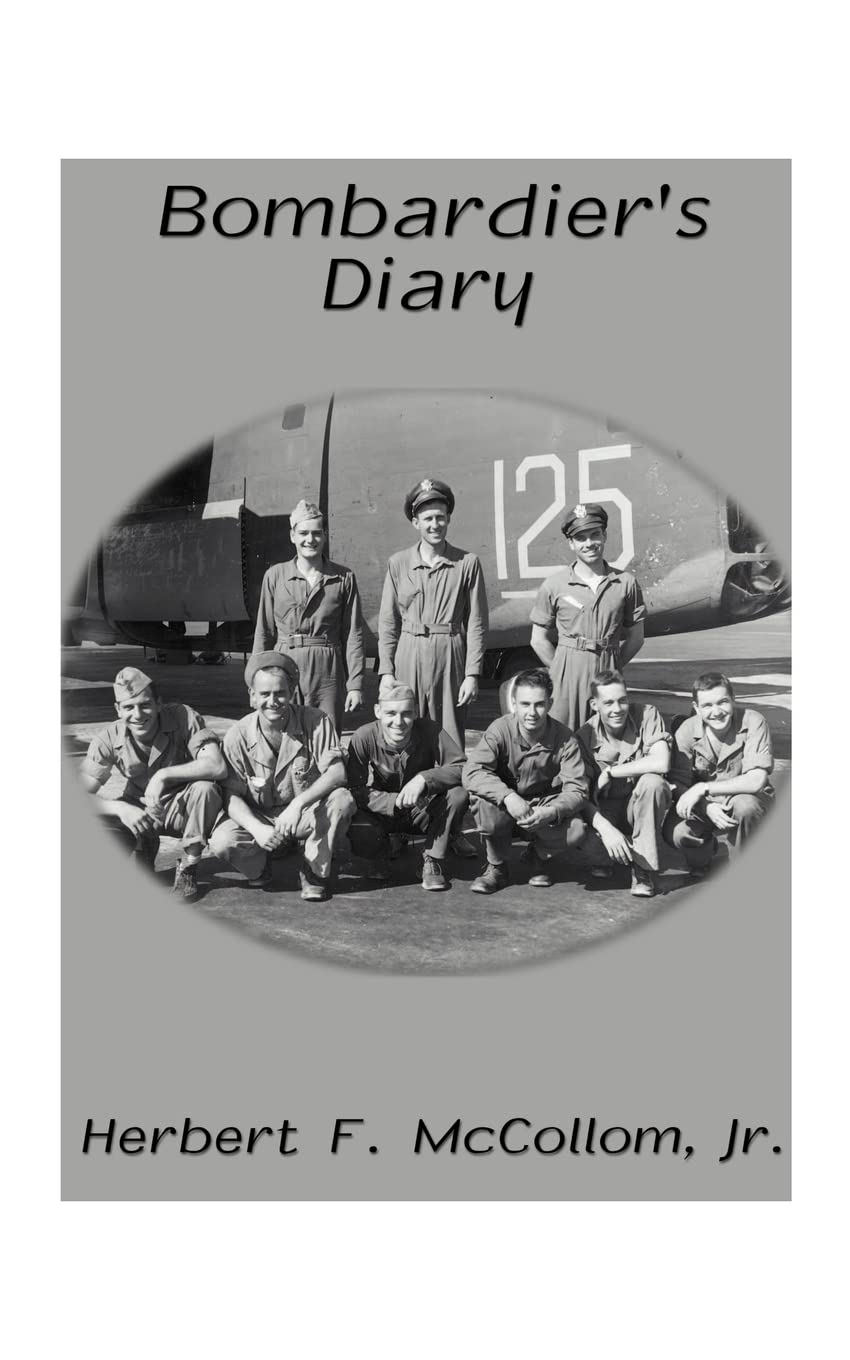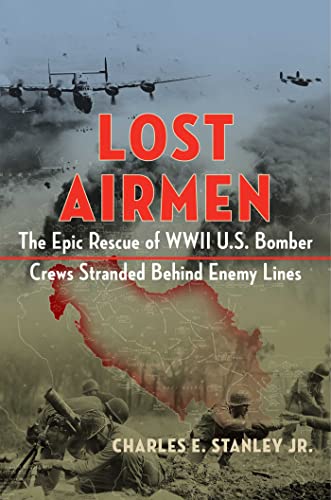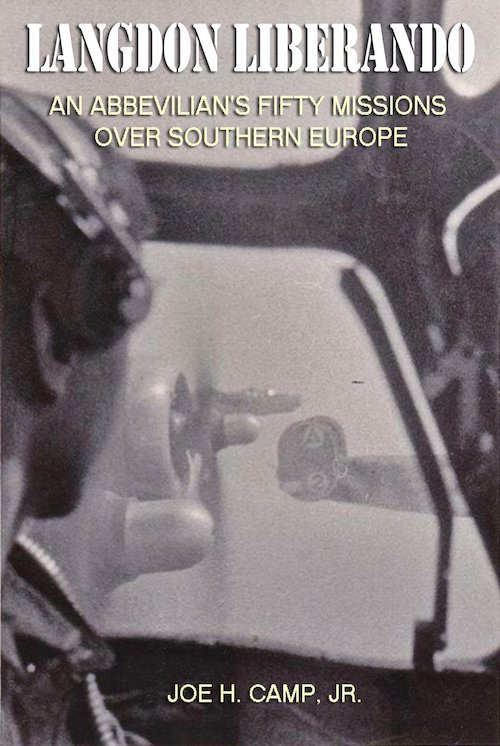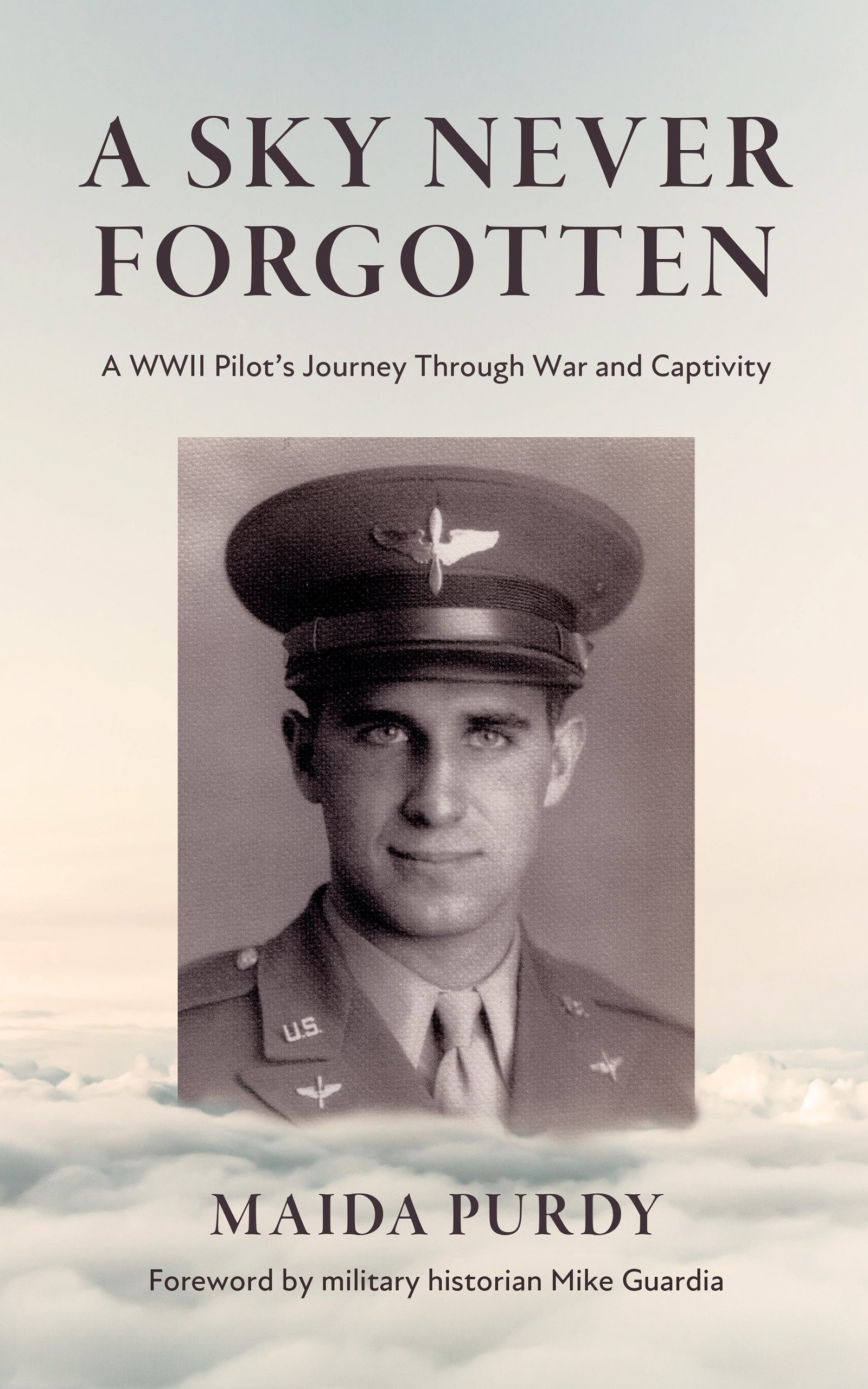Robert Holcomb mission March 31, 1945.
For Holcomb, this story began on March 31, 1945, at San Pancrazio Airfield in southern Italy, where he was stationed with the 376th Bomb Group of the U.S. 15th Air Force. His B-24 squadron took off that day as part of a coordinated raid on the Hermann Goering Tank Works in Linz, Austria, a key part of the Nazi war effort.
The industrial complex was heavily defended, and Holcomb's plane was shot up badly on the approach run. After dropping its payload, the crippled aircraft was forced to break formation with the returning squadron. With one engine gone and two gas tanks gushing fuel, the commanding officer decided to try an emergency landing at a Hungarian airstrip.
Holcomb wasn't sure they were going to make it.
"We were waiting for that plane to blow up. We had a fire in the front left bomb rack," he said. "Somebody must have been taking care of us, because it didn't blow up."
The pilot, 1st Lt. Glenn Rendahl, coaxed the battered ship to Pecs, in southern Hungary. The Red Army had recently driven the Germans out of that part of the country, which had sided against the Soviet Union in the war.
It was a short field for the big bomber, but Rendahl managed to land the plane with its crew of 10.
Even then, Holcomb couldn't breathe easily. As the bombardier, he was responsible for making sure the B-24's technologically advanced Norden bombsight didn't fall into the hands of the enemy - or those of such a dubious ally as the Soviets. He immediately began dismantling the device, tucking the optics into his flight suit and scattering other parts around the landing field.
Perhaps, he thinks now, he needn't have bothered.
"This Russian officer came up to me and said, 'What are you doing?'" Holcomb recalled. "'You don't have to do that. We've got lots of those things.'"
The downed American fliers were housed at an abandoned hotel in Pecs, and that's where (Gabriel) Pall comes into the tale.
"You have to understand the circumstances," Pall said this week by phone from Virginia, a slight accent clipping his precise enunciation. "We were under Soviet occupation at the time."
The war was still raging not far to the north, and some of the Russian soldiers who had survived the Nazis' savage invasion of their country were filled with hatred for the Germans and their former allies in Hungary, Pall said. Looting, robbery and rape were common occurrences.
"The Russians were not very kind and were not very popular with the Hungarian population," Pall said. "Seeing an American - an American flyer - that represented a whole different world to us. As a young boy, I was impressed."
Like other local children, young Gabriel was drawn to the U.S. airmen in Pecs like a magnet.
"I saw those flyers standing in front of the hotel where they were billeted," he recalled. "I walked up to them. I don't even remember why I picked Bob - maybe he was the closest - and I started talking to him."
Neither man recalls today exactly what they talked about.
Holcomb remembers being besieged by knots of curious children.
"There was a bunch of kids," he said. "You'd always see the kids."
Most of them would chatter away in a language Holcomb couldn't understand, but Pall, a doctor's son, was better educated than most. His English was pretty good, and he and Holcomb fell into conversation.
For Pall, their meeting left a lasting impression.
"I remember two things," Pall said. "One, he gave me Wrigley's chewing gum. And two, he said, 'Hey, kid - if you ever get to America, look me up.'"
Their ways parted after that.
Holcomb and the rest of his bomber crew made their way to Budapest (after ditching a Russian guard who was supposed to escort them to Kiev), where a newly arrived American repatriation team was able to get them on a plane back to Italy.
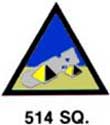
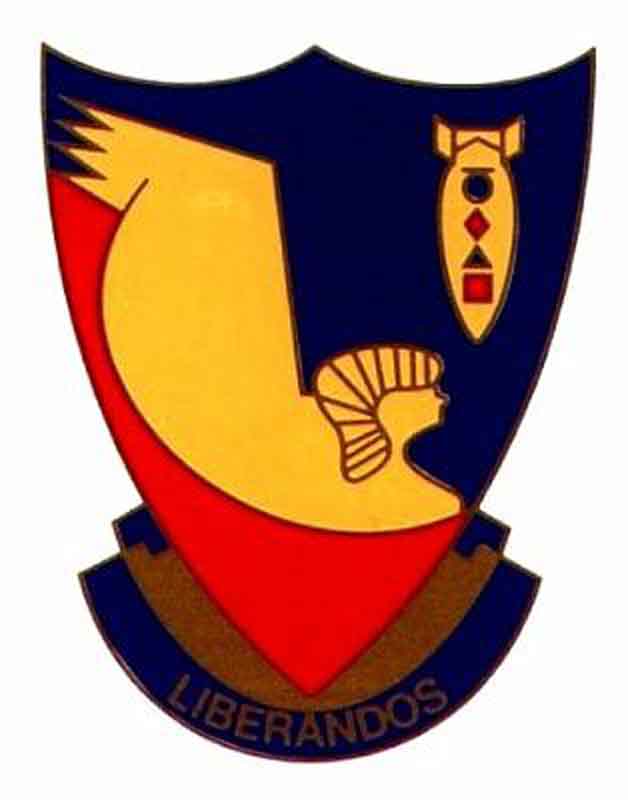
The website 376bg.org is NOT our site nor is it our endowment fund.
At the 2017 reunion, the board approved the donation of our archives to the Briscoe Center for American History, located on the University of Texas - Austin campus.
Also, the board approved a $5,000 donation to add to Ed Clendenin's $20,000 donation in the memory of his father. Together, these funds begin an endowment for the preservation of the 376 archives.
Donate directly to the 376 Endowment
To read about other endowment donation options, click here.
Reunion
NOTE change in the schedule !!
DATES: Sep 25-28, 2025
CITY:Rapid City, SD
HOTEL: Best Western Ramkota Conference Hotel; 2111 North LaCrosse St., Rapid City, SD 57702; 605-343-8500
Click here to read about the reunion details.
